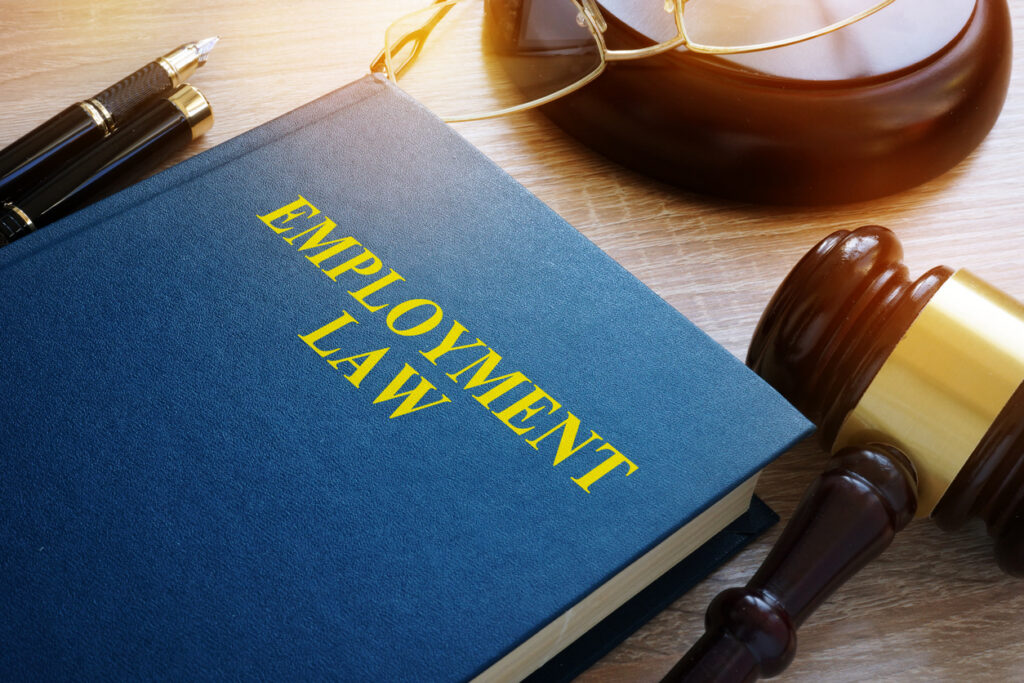Liens are legal tools that protect the interests of creditors and lenders. They are put in place on a piece of property to ensure that the owner of that property repays the debts they owe. The lien is typically not removed until the debt is repaid in full.
Not all liens are good for business, but they’re not all bad either.
Consensual liens are the most common types of liens in real estate and are seen as ‘good liens’ that do not negatively impact your credit. A lien is taken by a lender when it provides a loan against a piece of property, a motor vehicle, or a business asset. Mortgage liens are common examples of consensual liens. Oftentimes, they’re just one more document in the stack of papers that every new property owner has to sign.
These liens are typically removed without difficulty once the mortgage is paid off. Even though the consensual lien is not a sign of trouble, it is still, nonetheless, advisable to seek the legal guidance of a real estate attorney and a financial advisor in any real estate transaction.
What is a Bad Lien?
Examples of statutory liens include tax liens and mechanic’s or builder’s liens. These usually represent some failure on your part to pay back all that was owed. For example, a mechanic’s lien may be placed on your real estate if you did not pay someone for the work they did on the property. This lien will need to be repaid or contested, but its impact on your credit could stick around for years.
Judgment liens are the result of a court order, sometimes relating to a lawsuit or even child support. If you are unable to pay the court-ordered fee, a lien may be placed on your property, and they can claim against your assets.
Which Types of Loans Require Liens and Which Do Not?
Not all major loans require a lien to be put in place. Knowing the difference between when to expect a lien and when not to can be important to plan your finances.
Loans that do require liens include:
- FHA loans
- Home equity loans and home equity lines of credit
- Mortgages
- USDA loans
- VA loans
Loans that don’t require liens include:
- Credit card debt
- Medical expenses
- Personal loans
- Student loans
- Unsecured debts and lines of credit
How Do You Contest a Lien?
If a lien is invalid, it may be possible to go to court and argue to have it dismissed. Both you and the lienholder may be asked to prove your case. Provided that the judge can be convinced that the lien is invalid, the lien will be dismissed.
If the lien is valid, then it would be best to resolve the matter more voluntarily, out of court. You may repay what you owe the lienholders either all at once or in a structured repayment plan. Or you may be able to draft a lien release document, which the lienholder could sign, thus relinquishing their interest in the real estate.




